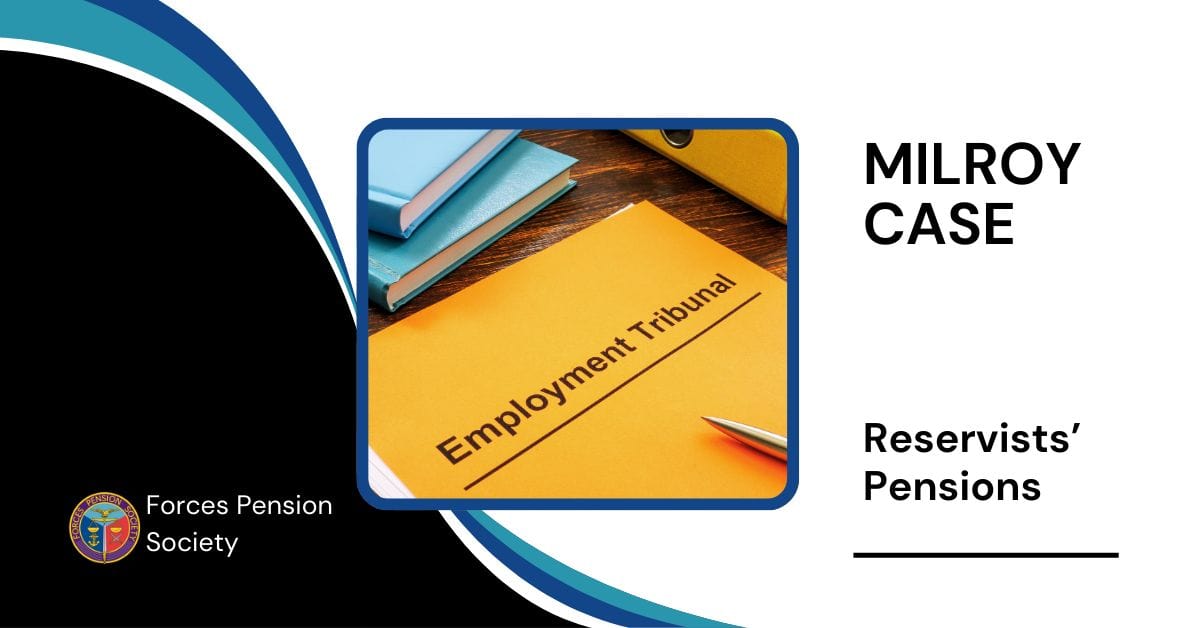
On Tuesday 12th January, Forces in Mind Trust hosted an online launch event for the independent review of the needs of UK Armed Forces families, which makes more than 100 recommendations for government and other sectors.
The Secretary of State for Defence, The Rt Hon Ben Wallace MP, spoke at the webinar, alongside Andrew Selous MP and Professor Janet Walker OBE, who led the research. The report, Living in our Shoes: understanding the needs of UK Armed Forces families’, which was published in June 2020, was commissioned by the Ministry of Defence. It challenges some long-held military traditions and makes specific recommendations to improve support for UK Armed Forces families.
The launch event focused on the findings and recommendations of the report, and included a response from the Ministry of Defence and a panel discussion.
Forces in Mind Trust (FiMT) has supported the research, and hosted the launch because its aim is to enable ex-Service personnel and their families to make a successful and sustainable transition to civilian life.
Ray Lock CBE, Chief Executive of FiMT, hosted the event. He has welcomed the report and encouraged government to take forward all of the recommendations, saying:
“Forces in Mind Trust is delighted to support this independent, credible and extensive review into how the UK can better support the families of Armed Forces personnel. This important evidence base can now help policymakers to bring about change to improve the lives of Armed Forces families. The report makes many well-founded recommendations, and I’m delighted to be working with the Ministry of Defence on this event. We urge them now to ensure that these recommendations are taken forward and deliver the tangible changes that this report clearly shows are needed.”
Professor Janet Walker OBE spoke at the event, sharing insights from her research. She says:
“Our aim was to give UK Armed Forces families a voice, and to shine a spotlight on the lived experiences of military personnel of all ranks and backgrounds. Our findings are supported by a large body of international research which highlights very similar issues facing Armed Forces families throughout the world. Our report draws on the words of men, women and children who shared their concerns.
“We have asked the Prime Minister to spearhead a change of culture to ensure that the UK population appreciates the role played by its armed forces and values the support their families give them.”
Andrew Selous MP spoke about his experience of leading the review, saying:
“We really tried to listen very hard to represent the lived experience of Service families, and it took us about 18 months to gather the evidence.
“I think we have moved a lot as a country to look after veterans much better than we did which is absolutely fantastic. As a whole country, we need to do the same thing for Armed Forces families because they are sometimes invisible, but they are indispensable for a strong defence.”
Representatives from the Services Families Federations also gave their responses to the review at the event.
Maria Lyle, Chief Executive of the RAF Families Federation, says:
“I’m delighted to reflect on a report that I think is bringing us into an age of working with modern families which are working in the service of our nation.”
Anna Wright, Chief Executive of the Naval Families Federation, says:
“I believe this is the report of a generation and we were delighted to play our part in facilitating access to Royal Naval families, so families’ lived experiences could be heard.
“The solutions are multifaceted, and I’m very excited to work with the devolved administrations, Westminster and other partners in taking this forward, and I believe this will be a gamechanger in terms of reassuring the serving partner that their family is valued and thriving as they protect our nation’s interests.”
Collette Musgrave, Chief Executive of the Army Families Federation, says:
“We very much welcome the fact that families are heard in this report, they have really been listened to and that’s the particular strength here – that it shows a sensitivity and an understanding of the many different facets of service family life.”




